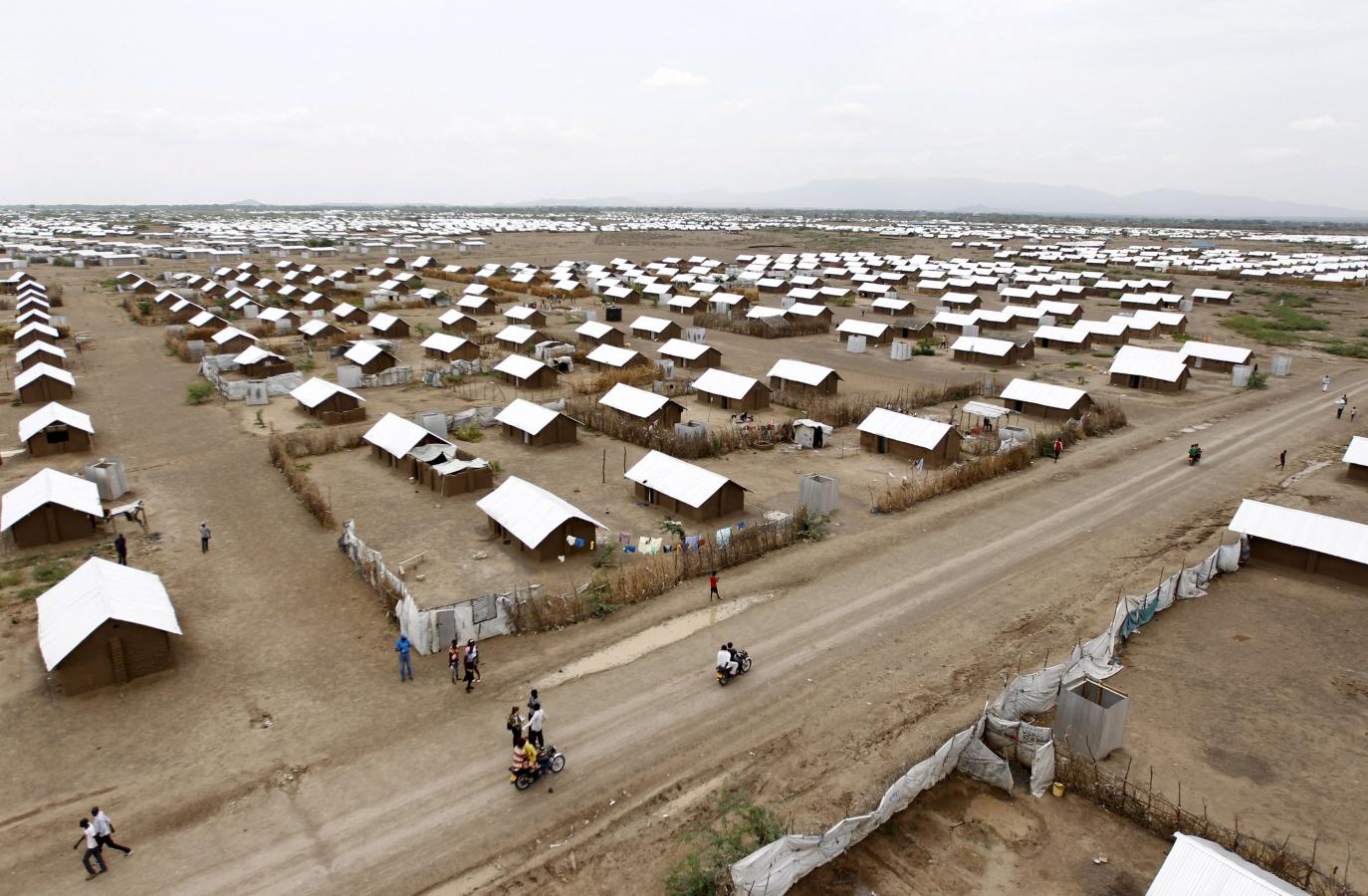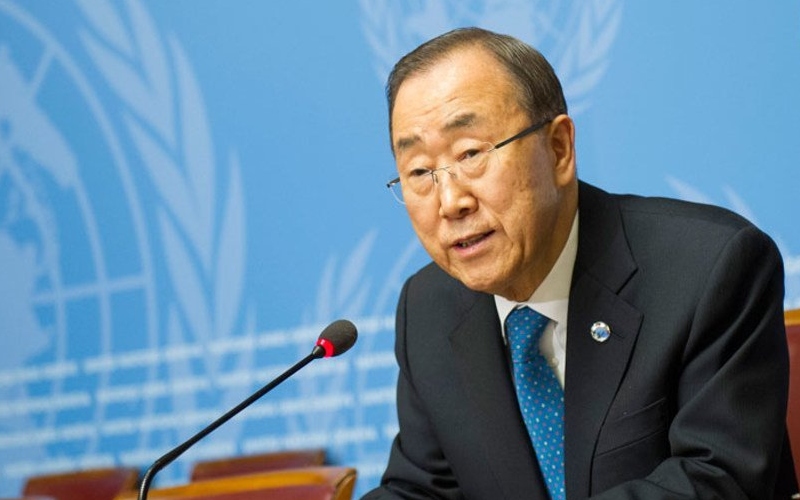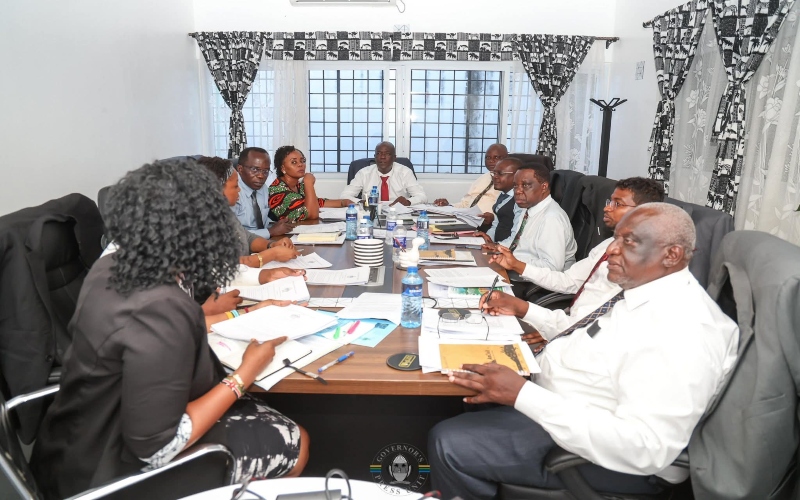MPs demand state intervention to forestall a potential refugee management crisis

Environmental degradation in areas with high refugee populations was also raised as a concern.
Members of Parliament have raised concerns over the management of refugee affairs in Kenya, with the Departmental Committee on Regional Development expressing disappointment over the government's handling of refugees.
The committee, chaired by Sigor MP Peter Lochakapong, criticised the government's lack of direct involvement in refugee management, leaving much of the responsibility to the United Nations High Commissioner for Refugees (UNHCR).
More To Read
- Kiunga celebrates 30 years of peaceful coexistence between locals and Somali refugees
- PS Bitok clarifies CBC grading system after concerns over KJSEA results
- M23 rebels capture eastern DR Congo city of Uvira as thousands flee to Burundi
- How to check school your child has been placed in before release of KJSEA results
- Trump faces rising backlash over remarks targeting Somali immigrants
- Kenya’s refugee population hits 860,000 as State pushes integration plan
Lochakapong stated that the committee's visit to refugee camps revealed that many government officials act more like UNHCR agents, following the organisation's instructions, with minimal input into decision-making processes.
"We have observed that refugees are receiving more focus than local populations, and as representatives of the people, we hear the complaints of the host communities. We are concerned that their issues are being overlooked," he said.
The MP highlighted concerns in Dadaab, particularly in Fafi, where the Deputy County Commissioner operates from Hagadera due to security concerns.
"The headquarters of Fafi is located there, yet the [Deputy County Commissioner’s] office is in Hagadera, where he feels safer," Lochakapong noted.
Preferential treatment
The issue of resource distribution also emerged, with MPs pointing out that refugees were receiving preferential treatment over host communities.
"The disparity in scholarship distribution between refugees and locals is significant, and it needs to be addressed immediately," one committee member said.
Refugee camps also lack proper reception facilities, leaving many refugees staying with relatives for months before processing, which, according to MPs, compromises security.
Environmental degradation in areas with high refugee populations was also raised as a concern.
Garissa Township MP Dekow Barrow linked environmental destruction to the practices of refugees collecting firewood and burning charcoal.
"UNHCR has been giving tenders to some refugees to collect firewood and make charcoal, further contributing to the destruction of the environment," he said.
Distribute refugees evenly
Insecurity in the camps, which Barrow attributed to the concentration of refugees in certain areas, also sparked concern. He suggested that refugees should be more evenly distributed across the country.
"With the recent improvements in security in some of the refugees' home countries, it's time to consider repatriating them," he said, warning that the growing number of refugees could exacerbate competition for jobs in Kenya.
Kabuchai MP Majimbo Kalasinga echoed these concerns, calling for a clear policy on refugee management.
"There is increasing tension between locals and refugees who are competing for limited resources. If this situation is not handled, it could become a ticking time bomb," he warned.
Kalasinga also raised concerns over the control of the local currency in the camps, with reports of counterfeiting and illegal trade.
"We are worried about how the Kenyan shilling is being used in the camps," he said.
In response to the MPs' concerns, the Ministry of Interior and National Administration acknowledged the challenges faced by the Department of Refugee Services (DRS) and appealed for increased government funding to address these issues.
Principal Secretary Julius Bitok revealed that the department's funding had decreased from Sh116.7 million in the fiscal year 2022/2023 to Sh97.8 million for 2023/2024.
Bitok emphasised the government's efforts to improve refugee management, including the development of an interoperable refugee database in collaboration with UNHCR.
He called for increased government funding and stronger coordination with international partners to improve the living conditions of refugees and support their integration into Kenyan society.
Top Stories Today










































